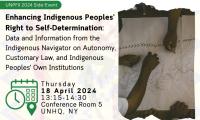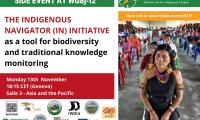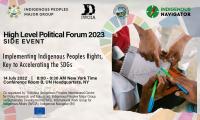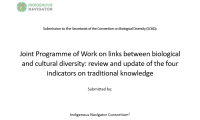Joint Statement to the 22nd Session of the UN Permanent Forum on Indigenous Issues (UNPFII)

Item 6: Future work of the Permanent Forum, including issues considered by the Economic and Social Council, the outcome document of the World Conference on Indigenous Peoples and emerging issues 24th April
This statement is delivered on behalf of the Indigenous Navigator consortium partners composed of the Asia Indigenous Peoples Pact, Tebtebba, Forest Peoples Programme, International Work Group on Indigenous Affairs (IWGIA) and the Danish Institute for Human Rights.
The implementation of the UNDRIP by states is not progressing with reports of increasing human rights violations against indigenous human rights defenders and land dispossession in the name of development, and the lack of data disaggregation by ethnicity making Indigenous Peoples invisible not only in the census but also in state development plans and programs.
In response, Indigenous Peoples, their local, national and regional organizations, as well as international civil society organizations continue to work together to monitor how the UNDRIP is being implemented.
One important initiative is the Indigenous Navigator which is an Indigenous Peoples-led community-based monitoring tool looking at the implementation of the UNDRIP, core human rights obligations, essential aspects of the Sustainable Development Goals, as well as the outcomes of the World Conference on Indigenous Peoples. Launched in 2014, the Indigenous Navigator is being used in 28 countries as of 2022.
It is critical to highlight that Indigenous Peoples developed the tools and surveys of the Indigenous Navigator, consistent with the UN human rights monitoring framework. Its processes and practices are leading examples in the monitoring of Indigenous Peoples’ exercise of their rights contained in the UNDRIP.
The UNPFII during its 16th session in 2017 made a recommendation that “encourage[d] collaboration and contributions from Governments, the agencies of the United Nations system, indigenous peoples and civil society organizations to the Indigenous Navigator framework and other tools in order to strengthen community-based monitoring of global commitments made under the Declaration, the World Conference and the Sustainable Development Goals.”
Additionally, The Permanent Forum in its 22nd final report recommends that UNESCO and its member States ‘initiate work, with the possible assistance of the Statistical Commission, on indigenous language-related data, with adequate funding to support the post-2030 priorities. The Permanent Forum invites the Indigenous Navigator to offer its tools and data for the global collection of data on indigenous languages’.
Mindful of this earlier recommendation, it is important that the UNPFII at this 23rd session, “Welcomes further work being planned by the different UN bodies towards developing indicators and monitoring the implementation of the UNDRIP, ensuring collaboration with Indigenous Peoples and building on existing initiatives of Indigenous Peoples such as the Indigenous Navigator.”
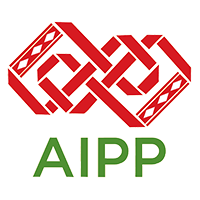
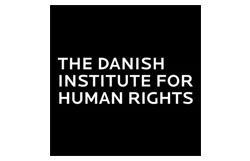
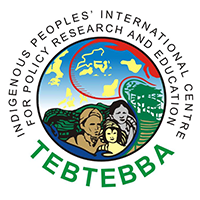
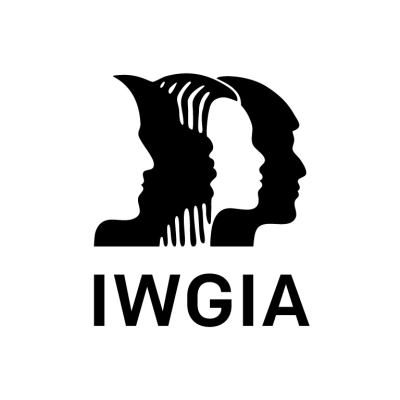
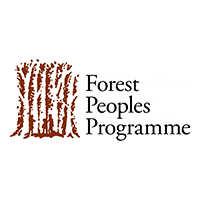
Contact


